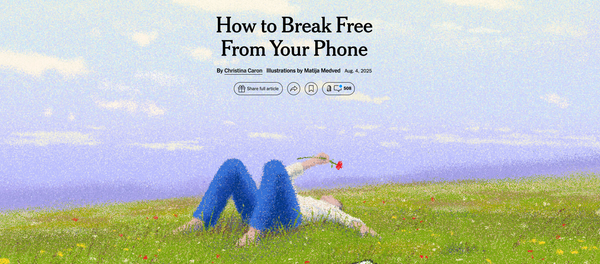What's Your Map of the Faith?

Today's question isn't a "big" adaptive one. But I think it's an important follow-up to yesterday's question—and a fun way to end the week.
I've been thinking about this question of making faith formation resilient to more episodic approaches for more than a decade. Lisa Kimball planted my interest in the question, and others have joined me in pondering over the years.
At some young adult event in the mid-'10s (maybe this one?) Melanie Mullen and I tried to assemble a "count on two hands" list of topics that could help young adult and campus ministers informally track their coverage (yesterday I called this "connecting the dots") of the breadth of the tradition across episodic offerings over the course of months/years.
We came up with a list that looked something like this (and that I shared in a piece on young adult ministry I wrote as part of the Seasons of Adult Faith Formation project):
- basic knowledge of the Bible and ways of reading it for spiritual fulfillment;
- basic knowledge of church traditions and worship and a commitment to letting them shape us over time;
- basic knowledge of theology and an ability to use it to reflect on everyday life;
- basic knowledge about prayer and spiritual practices and a willingness to explore them in a committed way;
- a passion for justice and mercy and a commitment to serving others and the common good; and
- a sense that we are “in this together” as a people, and that we come together as community to share our joys and sorrows, to mark the major passages in life.
We were, I would realize over the years, in good company. That a list like this can form a kind of "curriculum" goes back a good way, to a giant of Christian education. In Maria Harris's Fashion Me A People: Curriculum in the Church (still in print 35 years after publication!), she breaks down the faith-forming practices of the community of faith like this:
- kerygma (proclamation),
- didache (teaching),
- koinonia (community),
- leiturgia (prayer), and
- diakonia (service).
Obviously, there are basically infinite ways of thinking about this question of "What is Christianity anyway?" When I've raised this in workshops, I've heard beautiful appeals to the questions of the Baptismal Covenant, the "ministry grids" (competency lists by order of ministry), and other accounts. Of course, lots of more formal curricula (e.g., Practicing Our Faith, Pilgrim) have their own outlines.
Articulating a compelling map of the faith is a small but important part of the art of leading faith formation in the 21st century. What's yours?



